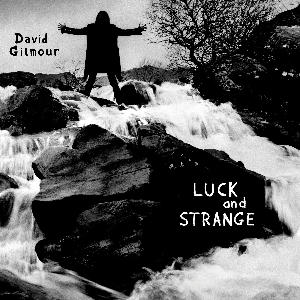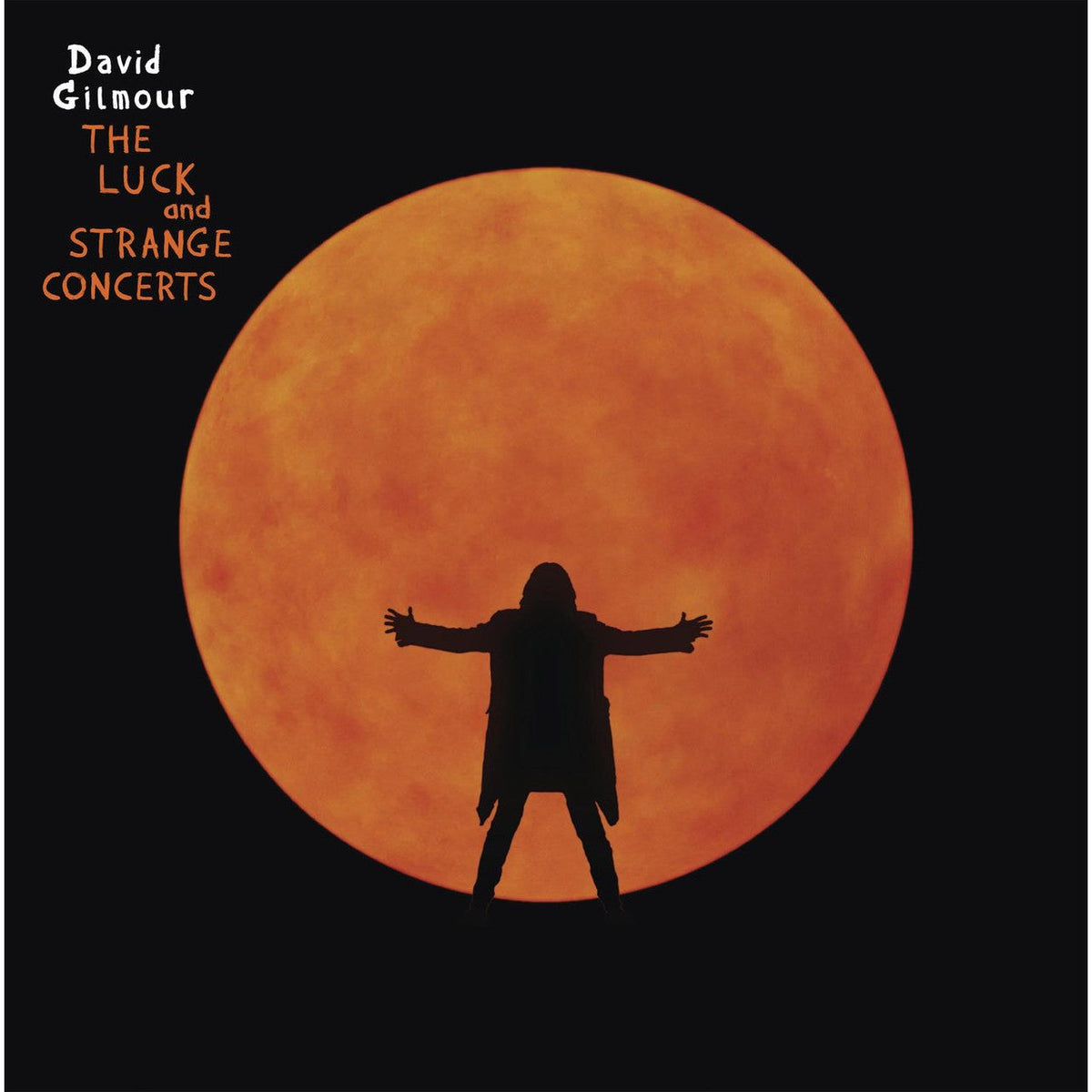“Black Cat” is a haunting instrumental, Gilmour playing his signature tone over Roger Eno’s piano. If anything, it’s too short. The title track stemmed from a jam with Richard Wright a year before his death, and his distinctive electric piano adds all the color. If the verses seem a little simple musically, wait for the choruses and bridge, and daughter Romany’s harmonies are lovely. “The Piper’s Call” begins with a plaintive ukulele strum but soon builds, with another soaring chorus, then almost imperceptibly into a funky stomper with a solid solo taking it out. It’s a stark contrast into “A Single Spark”, which almost seems like a throwback to Beth Orton trip-pop, with some wonderful layers. “Vita Brevis” is all too brief for an instrumental, the title of which translates as “life is short”.
Romany plays the harp on that, and her voice is front and center on “Between Two Points”, a cover of an obscure (to us) song from 1999 originally written and recorded by the Montgolfier Brothers duo. It’s a haunting performance, and her take is exquisite. At this point the relative heaviness of “Dark And Velvet Nights” sticks out, opening with feedback and a bombastic fanfare. He spends a lot of time wailing on this, supported by another throwback in the ‘70s, almost Philly soul strings. Then it’s back to being pensive on “Sings”; after albums full of imagery and near-poetry, it’s striking to hear him sing of such things as “Portobello Road”. (Near the end we hear a snatch of his original hummed sketch for the tune, with his then-toddler son adding encouragement. It’s very sweet.) As “Scattered” crawls in, a Leslied piano recalls the effect on “Echoes”. A more successful version of the ruminating that slowed down Rattle That Lock, it all builds via some crazy cocktail piano to first an acoustic solo then a more archetypal electric one, but he’s wise enough to calm things down for a subdued coda.
As usual, the album was released in various permutations with extra material. The so-called deluxe CD added the one-off, gypsy-flavored single “Yes, I Have Ghosts” from 2020, sung with Romany and originally released on the audiobook of the novel Polly published that year, and the original 14-minute “barn jam” from 2007 with Richard Wright that was the genesis of the title track. (Vinyl and Blu-ray boxes also added two alternate “orchestral” mixes and sometimes a demo of “A Single Spark”.)
Possibly the best thing about Luck And Strange is that it doesn’t pointedly sound like Pink Floyd, yet it sounds completely like David Gilmour. It may not be, as he’s stated, his best work since The Dark Side Of The Moon—he’s certainly had several high points since then—but it is very strong, and perfectly timed for a fall release. Though we still don’t know what Ozzy Osbourne is doing on the cover.
He toured behind the album, kinda, playing residencies in five cities, and just as with the last two, a live album followed. But rather than spotlight a single show, The Luck And Strange Concerts was culled from the entire run. The band is solid as usual, with the stalwart Guy Pratt on bass, Greg Phillinganes on keys, and a few of the supporting players from the album. Romany gets her spotlight on “Between Two Points”, as well as part of the backing vocalists who tackle a subdued “Great Gig In The Sky”. Following the intros of “5 A.M.” and “Black Cat”, the title track kicks off the vocal portion. The “Breathe” into “Time” sequence is back at the top of the set, and the rest of the program goes between songs from the album and the usual cherry-picked oldies from his and the Floyd catalog. Only “A Great Day For Freedom” hadn’t been played on the last tour. David’s in great voice throughout, and taking breaks to play lead helps. (The shows in Rome were filmed and released on DVD and Blu-ray as Live At The Circus Maximus, as well as in a box set that also had the live album on CD and LP. And a book. And postcards. And stickers. And a poster.)
David Gilmour Luck And Strange (2024)—3½
David Gilmour The Luck And Strange Concerts (2025)—3


No comments:
Post a Comment